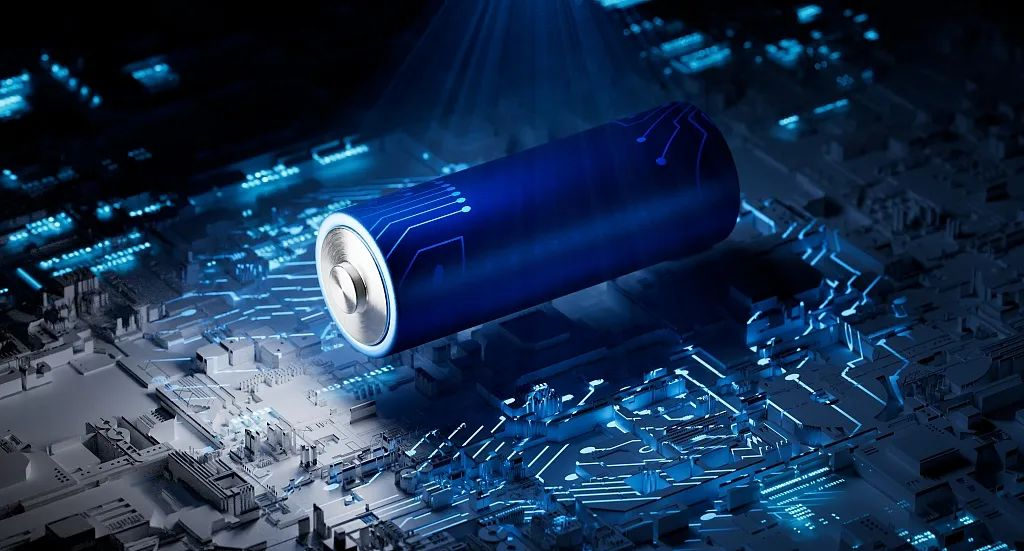Improving Synthesis Efficiency of Li-ion Battery
Researchers from Tianjin University have developed an ultrafast high-temperature shock (HTS) strategy to synthesize cathode materials through a non-equilibrium reaction.

PHOTO: VCG
Different from traditional methods, which usually experience a multistep and time- consuming reaction process with limited chemical reaction kinetics and high energy, the HTS process is highly effective and time-saving, as it provides an ultrahigh heating rate leading to a non-equilibrium state.
This enables a high heating rate, high calcination temperature, high cooling rate, and fast reaction kinetics to be achieved simultaneously. The HTS process also produces oxygen vacancies and forms ultra small particles, promising a high electrochemical performance.
The research team has conducted experiments to verify their stategy. Using this method, typical cathode materials are synthesized, including LiMn2O4, LiCoO2, LiFePO4, and Li-rich layered oxide/NiO heterostructured material, and excellent electrochemical outcomes have been achieved.
Their findings are of great importance to the synthesis of high-performance cathode materials, which is key to the development of advanced Li-ion batteries.


